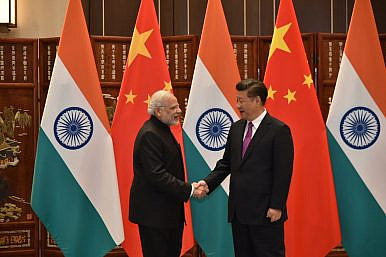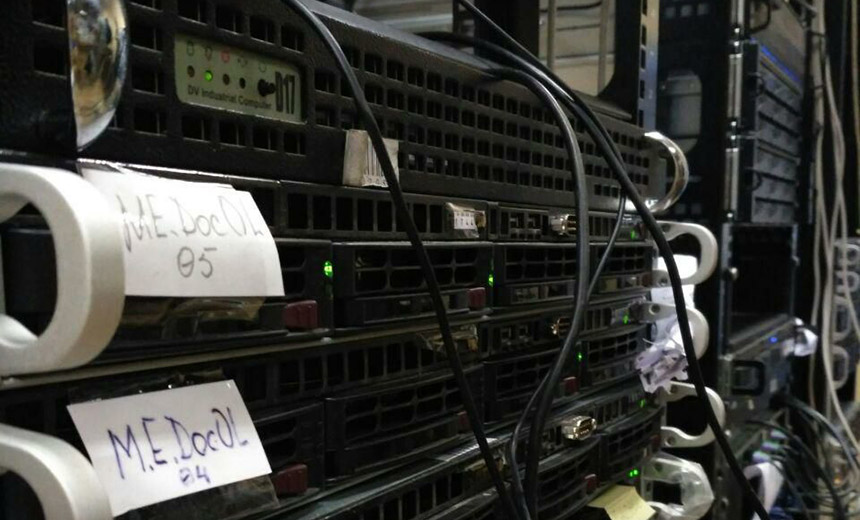By PRAKASH KATOCH
Recent media reports indicate that India’s Ministry of Defense (MoD) has decided to allow private companies to manage and operate all Army Base Workshops (ABWs) and station workshops in eight cities across six states. The scheme is called GOCO (Government Owned, Contractor Managed). Ostensibly, the move is part of a major restructuring by the government of India to modernize the military. It claims that this will sharpen the teeth (fighting units), while shortening the tail (logistics). But if one takes a closer look the government of Prime Minister Narendra Modi, substantial reforms haven’t even taken off. The Modi administration, despite being in charge since May 2014, has not even commenced the process to define a national-security strategy.




/arc-anglerfish-arc2-prod-mco.s3.amazonaws.com/public/QA4FXMGUFFHN3OGFMDZX5WM4BM.jpg)


